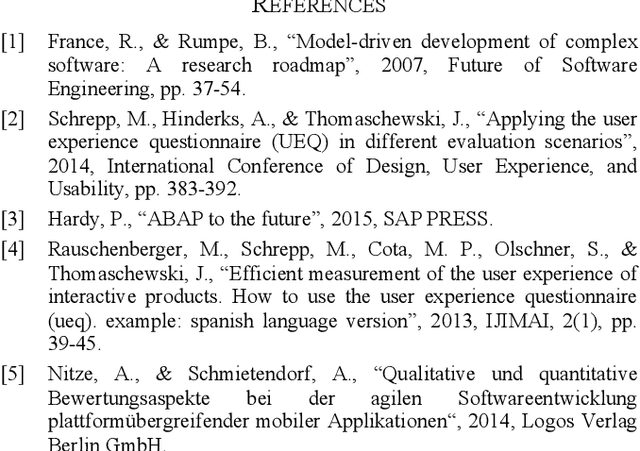Markus Tauber
Let's have a chat with the EU AI Act
May 17, 2025Abstract:As artificial intelligence (AI) regulations evolve and the regulatory landscape develops and becomes more complex, ensuring compliance with ethical guidelines and legal frameworks remains a challenge for AI developers. This paper introduces an AI-driven self-assessment chatbot designed to assist users in navigating the European Union AI Act and related standards. Leveraging a Retrieval-Augmented Generation (RAG) framework, the chatbot enables real-time, context-aware compliance verification by retrieving relevant regulatory texts and providing tailored guidance. By integrating both public and proprietary standards, it streamlines regulatory adherence, reduces complexity, and fosters responsible AI development. The paper explores the chatbot's architecture, comparing naive and graph-based RAG models, and discusses its potential impact on AI governance.
Towards Comparing Programming Paradigms
May 15, 2019

Abstract:Rapid technological progress in computer sciences finds solutions and at the same time creates ever more complex requirements. Due to an evolving complexity todays programming languages provide powerful frameworks which offer standard solutions for recurring tasks to assist the programmer and to avoid the re-invention of the wheel with so-called out-of-the-box-features. In this paper, we propose a way of comparing different programming paradigms on a theoretical, technical and practical level. Furthermore, the paper presents the results of an initial comparison of two representative programming approaches, both in the closed SAP environment.
 Add to Chrome
Add to Chrome Add to Firefox
Add to Firefox Add to Edge
Add to Edge